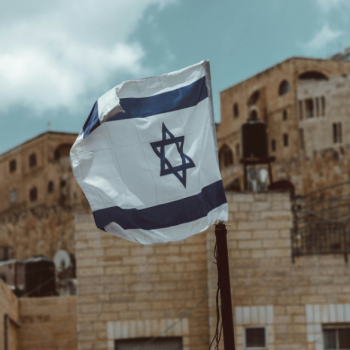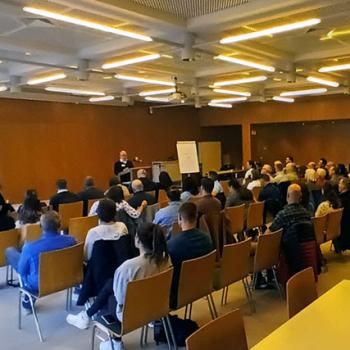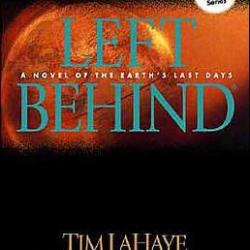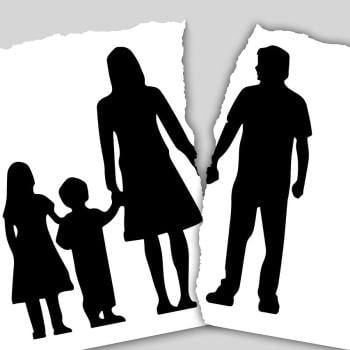What is the most pressing challenge of the movement for the value of Black Lives/racial justice today?
The most pressing challenge of the movement for the value of Black Lives/racial justice is internalized oppression that all Black folks struggle with. Though racism/white supremacy is a huge challenge, my main focus is how Black folks inspired by their faith, family, and culture are going to get free because I do not believe the oppressor is going to set us free but that God has placed or liberation in our own hands. Internalized oppression causes us to criticize young people for not protesting in "respectable ways," causes us to silence the voices of women in our movements, and causes us as Black faith leaders to act as chaplains to the empire instead of ministers to the resistance as my PICO brother Rev. Michael Ray-Matthews would say. Until we learn to love unapologetic blackness, we will continue to ask permission for liberation as opposed to pulling on the power of the spirit of justice to aid us in our struggle for freedom.
An additional challenge is the danger of the energy from the young revolutionaries being co-opted into advocacy and the academy so that America can feel comfortable in its culture of racism. It is important to me that those most impacted by injustice remain at the forefront of struggling for justice and the biggest question for the movement for Black Lives is: will it allow our brothers and sisters who are closest to the pain lead in their authentic way?
Where do you see hope in your work for a better future for all people of color?
I see hope in my work with the members of Faith in New York; the undocumented Latina mothers who show up at Eric Garner actions to pray for Black mothers who have lost children to police brutality; the undocumented elderly man who was beaten by the cops on the steps of his church marching all day in Staten Island against police brutality; the Black and Latino/a unity discussions being led by people of faith who feel the spirit should unite us not divide us; my Program Associate Crystal Walthall who attended my middle school in East New York, sharing her concerns around gentrification in our community to a room full of our members; my Korean Christian colleague Grace, working with Faith in New York to prevent West Flushing, a historically Asian community, from being gentrified.
Every day I am given hope because I see people of color rising up and speaking up for their communities, not as victims that need saving but as leaders ordained by God for such a time as this.
Who, in your opinion, is making "black history" today?
Black women. Most people of faith do not realize that the average Christian in the world today is a woman of African descent and the most consistent democratic voters are Black women. Without Black women, the Church and our political system could not survive.
Additionally, I see Black women becoming rabbis, leading Jewish communities in Uganda and bringing their spiritual power to Judaism. (I am writing a book on African and African-American Jews.) I see three Black women who founded Black Lives Matter, I see Bree Newsome removing the confederate flag while reciting scripture, and I see my sister Rev. Traci Blackmon serving as a chaplain to the Ferguson revolutionaries. I see the Black women in PICO helping to run the largest faith-based organizing network in the world. I hear Ethiopian Jewish women crying #BlackLivesMatter in Israel and I see Afro-Palestinian young women being unapologetically Black in the Holy Land. My friend Kari Cooke is a fierce Black woman of faith who leads the Black hearing-impaired community with prophetic grace.
Many of the best preachers I know are Black women, especially the young Black women who are putting their bodies on the line in the movement for Black Lives. Black women have always made Black history and continue to make Black history with spirit and grace. When Black women get free, we will all get free.
What question would you like to answer/respond to that hasn't been asked?
As we think about Black History month as people of faith, we need to realize that much of biblical and Church history is Black history. People like St. Augustine of Hippo, Simon the Cyrene, the Apostle Mark, Evangelist Amanda Berry Smith, Saint Moses, Mother Mary Elizabeth Lange were all Black people who contributed a great deal to the church. I would encourage you to look into their stories.
The first arrival of Christianity in Africa is much earlier than Western historians have allowed: the early Alexandrian tradition may go back to 60, 50, or even 40 CE. The pre-colonial African written intellectual tradition during the first half of the first millennium was so powerful that it was sought out by Northern and Eastern Mediterranean Christians. African Christians were teaching European Christians in the faith's beginning.





